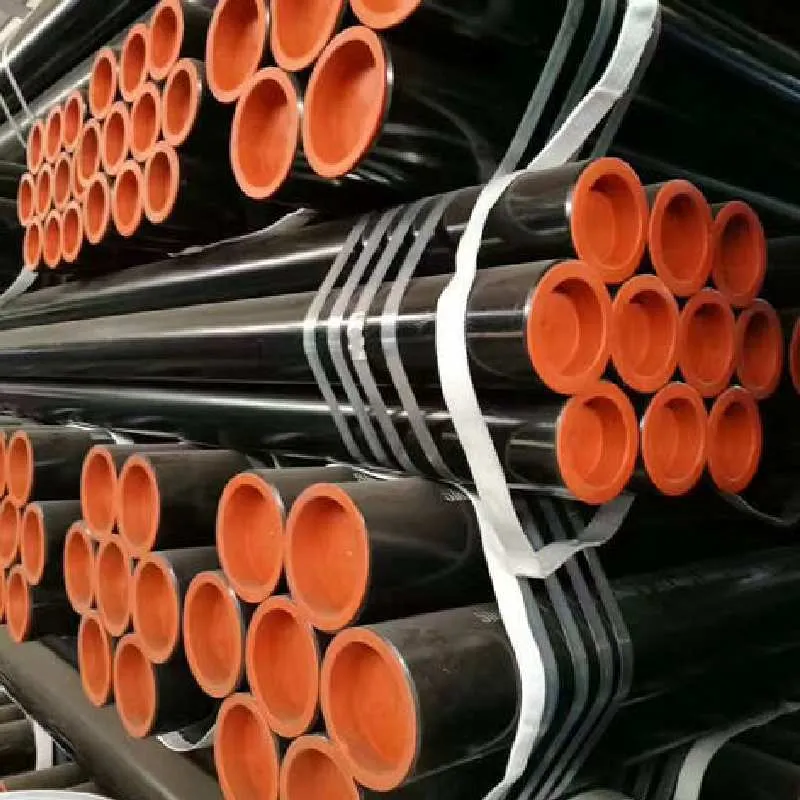-
Cangzhou Yulong Steel Co., Ltd.
-
Phone:
+86 13303177267 -
Email:
admin@ylsteelfittings.com
- English
- Arabic
- Italian
- Spanish
- Portuguese
- German
- kazakh
- Persian
- Greek
- French
- Russian
- Polish
- Thai
- Indonesian
- Vietnamese
- Zulu
- Korean
- Uzbek
- Hindi
- Serbian
- Malay
- Ukrainian
- Gujarati
- Haitian Creole
- hausa
- hawaiian
- Hebrew
- Miao
- Hungarian
- Icelandic
- igbo
- irish
- Japanese
- Javanese
- Kannada
- Khmer
- Rwandese
- Afrikaans
- Albanian
- Amharic
- Armenian
- Azerbaijani
- Basque
- Belarusian
- Bengali
- Bosnian
- Bulgarian
- Catalan
- Cebuano
- China
- China (Taiwan)
- Corsican
- Croatian
- Czech
- Danish
- Esperanto
- Estonian
- Finnish
- Frisian
- Galician
- Georgian
- Kurdish
- Kyrgyz
- Lao
- Latin
- Latvian
- Lithuanian
- Luxembourgish
- Macedonian
- Malgashi
- Malayalam
- Maltese
- Maori
- Marathi
- Mongolian
- Myanmar
- Nepali
- Norwegian
- Norwegian
- Occitan
- Pashto
- Dutch
- Punjabi
- Romanian
- Samoan
- Scottish Gaelic
- Sesotho
- Shona
- Sindhi
- Sinhala
- Slovak
- Slovenian
- Somali
- Sundanese
- Swahili
- Swedish
- Tagalog
- Tajik
- Tamil
- Tatar
- Telugu
- Turkish
- Turkmen
- Urdu
- Uighur
- Welsh
- Bantu
- Yiddish
- Yoruba

Nov . 06, 2024 17:53 Back to list
metal pipe
The Evolution and Importance of Metal Pipes in Modern Infrastructure
Metal pipes have played a crucial role in the development of infrastructure and various industries for centuries. Their durability, strength, and resistance to various environmental factors make them indispensable in the construction and manufacturing sectors. This article explores the evolution of metal pipes, their various applications, and the advantages they offer in modern infrastructure.
Historically, the use of pipes dates back to ancient civilizations. The Romans, for example, extensively utilized lead and clay pipes for their elaborate aqueduct systems, which transported water to cities. As time progressed, the need for more efficient and durable materials led to the adoption of metal pipes made from iron and steel. The industrial revolution accelerated this evolution, as the demand for efficient transport of gases and liquids surged.
Today, metal pipes are manufactured using a variety of metals, including stainless steel, copper, aluminum, and carbon steel
. Each type of metal pipe has unique properties that make it suitable for specific applications. Stainless steel pipes, for instance, are renowned for their corrosion resistance and are commonly used in the food and beverage industry as well as in pharmaceutical manufacturing. On the other hand, carbon steel pipes are widely used in oil and gas industries due to their strength and ability to withstand high pressures.metal pipe

One of the most significant advantages of metal pipes is their durability. Unlike plastic pipes, metal pipes can withstand extreme temperatures and pressures without cracking or deforming. This resilience makes them ideal for demanding environments, such as oil rigs and chemical plants, where safety and reliability are paramount. Additionally, metal pipes can have a long lifespan, often lasting decades with proper maintenance, making them a cost-effective choice in the long run.
In construction, metal pipes are essential for plumbing and HVAC systems. They transport water, gas, and air throughout buildings, ensuring that essential services are delivered efficiently. The use of metal pipes in these systems enhances overall infrastructure integrity. Furthermore, the recyclability of metal pipes makes them an environmentally friendly option, as they can be reused and repurposed at the end of their life cycle, reducing waste.
The rise of advanced technologies has also influenced the manufacturing of metal pipes. Innovations in welding and joining techniques, as well as improvements in metal alloys, have resulted in stronger, lighter, and more versatile pipes. These advancements not only enhance performance but also expand the range of potential applications. For instance, metal pipes are increasingly used in renewable energy systems, such as solar thermal and geothermal applications, as well as in the burgeoning field of hydrogen transportation.
In conclusion, metal pipes are a cornerstone of modern infrastructure, providing critical solutions across various industries. Their evolution from ancient materials to advanced manufacturing techniques has established them as a vital component in ensuring safety, efficiency, and sustainability. As society continues to grow and advance technologically, the demand for durable and reliable metal pipe solutions will only increase, further solidifying their role in the infrastructure of the future. Whether in construction, transportation, or energy production, metal pipes will remain essential in shaping our built environment for years to come.
Latest news
-
ANSI 150P SS304 SO FLANGE
NewsFeb.14,2025
-
ASTM A333GR6 STEEL PIPE
NewsJan.20,2025
-
ANSI B16.5 WELDING NECK FLANGE
NewsJan.15,2026
-
ANSI B16.5 SLIP-ON FLANGE
NewsApr.19,2024
-
SABS 1123 FLANGE
NewsJan.15,2025
-
DIN86044 PLATE FLANGE
NewsApr.19,2024
-
DIN2527 BLIND FLANGE
NewsApr.12,2024
-
JIS B2311 Butt-Welding Fittings LR/SR 45°/90° /180°Seamless/Weld
NewsApr.23,2024











